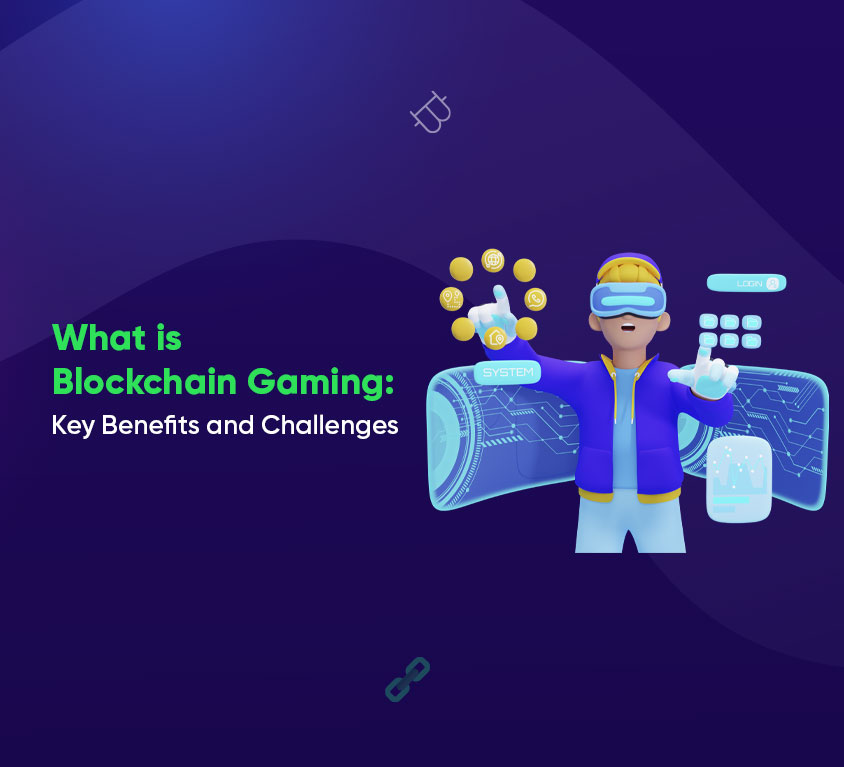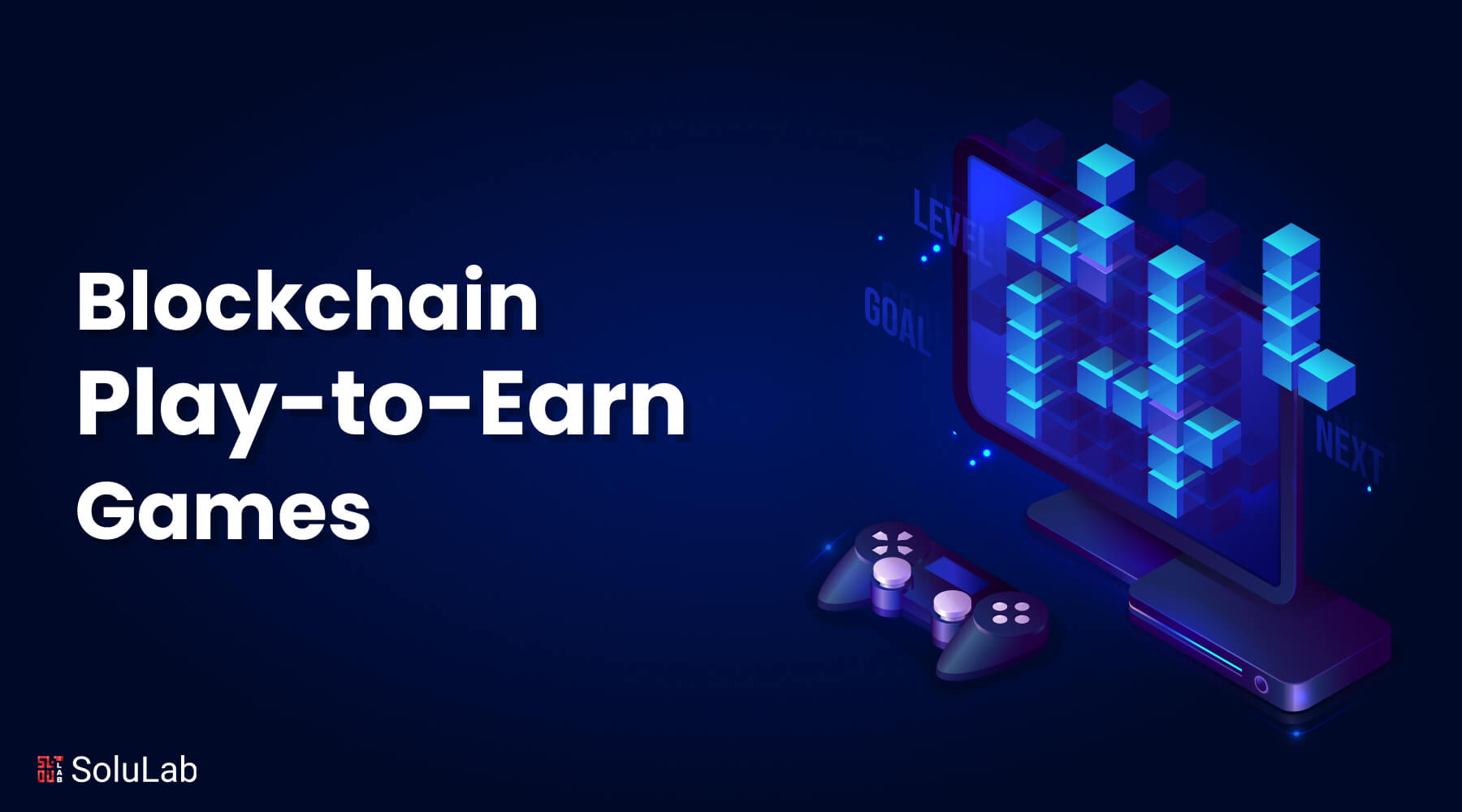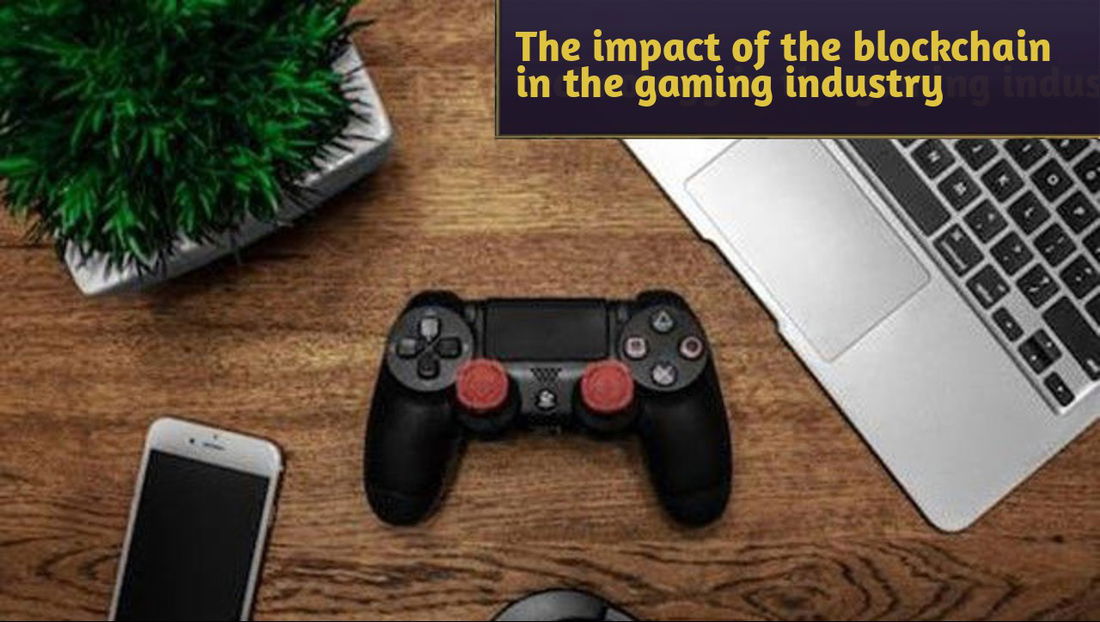
Overview of Blockchain Technology in Gaming Industry
Introduction to Blockchain Technology
Blockchain technology is often described as a decentralized digital ledger that records transactions across multiple computers in a way that ensures the security and transparency of data. Each transaction is grouped into blocks and linked chronologically, creating an immutable chain. This foundational technology underpins cryptocurrencies but has found its way into various sectors, particularly gaming, due to its ability to enhance security and provide unmatched transparency.
Imagine a world where gamers have real ownership of their digital assets, where every in-game item and currency can be tracked and traded freely. This is made possible through blockchain, offering players more control over their gaming experiences.
Rise of Blockchain in Gaming
The gaming industry has witnessed a significant shift with the integration of blockchain technology. Developers and players alike are increasingly recognizing its potential.
Key aspects driving this rise include:
- Enhanced Security: By eliminating central points of failure, blockchain secures player data against hacks and fraud.
- Player Empowerment: Gamers are now able to trade, buy, and sell in-game assets across different platforms without intermediary restrictions.
- Innovation: New genres of games, such as play-to-earn models, leverage blockchain to create engaging economic ecosystems.
The enthusiasm around blockchain in gaming is reshaping traditional paradigms, sparking a wave of innovation. This burgeoning field provides exciting new possibilities for both developers and players, paving the way for a new era of interactive entertainment.

Benefits of Implementing Blockchain in Gaming
Transparency and Security
As the gaming industry evolves, the integration of blockchain technology brings significant benefits, particularly in terms of transparency and security. With every transaction recorded on a decentralized ledger, players can track the authenticity and history of their in-game assets.
Consider this: in traditional gaming, players often question the true value and ownership of items they purchase. With blockchain, every piece of digital content is verifiable, providing an extra layer of security. The benefits include:
- Immutable Records: Once data is recorded on the blockchain, it cannot be altered, ensuring that all transactions remain secure and tamper-proof.
- Decreased Fraud: The transparent nature of blockchain helps prevent scams and counterfeit items, fostering trust within the gaming community.
In-Game Asset Ownership
One of the most revolutionary benefits of blockchain in gaming is the concept of true ownership of in-game assets. Traditionally, items purchased in games were locked to individual accounts, effectively meaning that players had no rights once the game was turned off. Now, with blockchain technology, players can:
- Trade Assets Freely: Players can buy, sell, or trade their assets on various platforms, creating a vibrant economy.
- Transfer Ownership: Blockchain allows items to be transferred across different games seamlessly, ensuring a broader scope for player engagement.
Imagine being able to sell that rare sword found in one game to another player in a completely different universe! This portability not only adds value to the assets but also enriches the gaming experience itself. Blockchain is indeed paving the way for a more empowered and engaged gaming community.

Use Cases of Blockchain in Gaming
Tokenization of Virtual Assets
Building on the concept of true ownership, one of the most exciting use cases of blockchain in gaming is the tokenization of virtual assets. Tokenization converts in-game items into digital tokens, often in the form of non-fungible tokens (NFTs), which can represent anything from weapons to characters to skins.
This innovation allows players to:
- Own Unique Assets: Each token is unique and cannot be replicated, granting players a sense of genuine ownership.
- Trade on Secondary Markets: Players can sell or trade their assets on various marketplaces, often earning real money in the process. This opens up new avenues for making a profit while enjoying gaming.
For example, imagine conquering a challenging quest and earning a one-of-a-kind medieval shield as a reward. With tokenization, that shield not only enhances your gaming experience but can also be sold for a profit!
Decentralized Gaming Platforms
Another transformative use case lies in the development of decentralized gaming platforms. These platforms operate on blockchain technology, allowing for community governance and player-driven ecosystems.
Benefits of such platforms include:
- Player Empowerment: Gamers have a say in game development, content updates, and even governance mechanisms.
- Reduced Barriers to Entry: Developers can launch games without relying on traditional publishers and their constraints, fostering innovation.
Imagine a gaming community where players collaboratively decide on game updates and feature expansions! This decentralized approach not only uplifts players but also encourages creativity and diverse gameplay experiences.
With these use cases, blockchain is reshaping the gaming landscape into a more inclusive and player-centric realm.

Challenges and Limitations
Scalability Issues
Despite the revolutionary benefits that blockchain technology brings to the gaming industry, it is not without its challenges, particularly concerning scalability. As more players engage with blockchain games, the networks can become congested, leading to slow transaction speeds and high fees.
Imagine you’re in the middle of an exciting multiplayer battle, but suddenly the game lags because too many players are transacting at the same time. This can deter players from participating fully in on-chain activities. Some of the specific issues include:
- Limited Transactions per Second: Many existing blockchain platforms, like Ethereum, struggle with high volumes of transactions, which can result in delayed gameplay experiences.
- Gas Fees: As networks become congested, transaction fees can skyrocket, making microtransactions or frequent trades unfeasible for players.
Regulatory Concerns
In addition to scalability, regulatory concerns pose another hurdle for blockchain gaming. As an emerging field, it often operates in a gray area where laws and regulations are still being formulated.
Key regulatory challenges include:
- Classifying Assets: Determining whether in-game tokens are considered securities can impact how they are traded and taxed.
- Consumer Protection: Ensuring the safety and rights of players in a decentralized system can be complex, especially around fraud and scams.
As players engage more deeply with blockchain-based games, these regulatory uncertainties will need to be navigated carefully to provide a secure gaming environment. Balancing innovation and compliance is essential for the sustained growth of blockchain in the gaming industry.

Future Trends and Implications
Metaverse Integration
As we gaze into the future of the gaming industry, one of the most exciting trends is the integration of blockchain technology into the metaverse. This immersive digital universe merges various online environments where players can socialize, create, and engage in shared experiences.
What does this mean for gamers?
- Diverse Experiences: Players can transition seamlessly between games and virtual worlds, carrying their assets and identities along with them, thanks to blockchain’s secure ownership solutions.
- Community-Centric: The metaverse encourages collaborative gameplay, where users can create, monetize, and trade content, fostering a sense of community.
For instance, envision exploring a vast virtual marketplace where you can showcase your unique in-game assets while visiting friends’ virtual homes or attending virtual concerts.
NFTs and Virtual Economies
NFTs are set to play a crucial role in shaping future virtual economies by bridging the gap between digital ownership and real-world value. As the market for NFTs continues to grow, we can expect innovations that enhance player engagement and economic opportunities:
- Limited Editions: Artists and developers can create unique, limited-edition NFTs that gamers covet, adding rarity and intrinsic value.
- Play-to-Earn Models: Many games are already experimenting with play-to-earn mechanics, allowing players to earn real money through gameplay, fundamentally altering game monetization strategies.
Imagine logging into a game, earning NFTs through achievements, and then selling or trading them for tangible rewards!
These trends signify an evolving landscape that empowers players and creates new economic models, ultimately shaping the future of gaming as we know it.

Case Studies: Blockchain Transforming Gaming
Axie Infinity
One of the most notable case studies exemplifying blockchain’s impact on gaming is Axie Infinity. This game has taken the world by storm, especially in developing countries, where it provides a unique opportunity for players to earn a living through gameplay.
In Axie Infinity, players collect and breed digital pets called Axies, which are represented as NFTs. Here’s what makes it stand out:
- Play-to-Earn Model: Players can earn cryptocurrency by completing tasks, battling others, and trading their Axies. Many players reportedly earn substantial incomes, enabling them to support their families.
- Community-Driven Development: With a large and active community, decisions about gameplay improvements and new features often stem from player feedback, creating an engaging ecosystem.
For example, a friend of mine started playing Axie Infinity during the pandemic and quickly turned his hobby into a source of income, showcasing the game’s life-changing potential.
Decentraland
Decentraland is another stellar example, operating as a fully decentralized virtual world where users can buy, sell, and build on plots of land, all facilitated by blockchain technology.
What makes Decentraland innovative?
- User Empowerment: Players have complete ownership of their virtual land and assets, allowing them to create anything from art galleries to gaming hubs.
- Developer Opportunities: Artists and gamers can monetize their creations through various channels, contributing to a vibrant virtual economy.
Imagine hosting a virtual art exhibition in Decentraland, drawing visitors from all corners of the globe—all facilitated by the power of blockchain.
These case studies illustrate how blockchain technology is not just a trend but a transformative force, reshaping the gaming industry and opening new avenues for players worldwide.

Conclusion and Recommendations
Impact of Blockchain on Gaming
As explored through various use cases, the impact of blockchain on the gaming industry is profound and far-reaching. From improving transparency and security to enabling true ownership of digital assets, blockchain technology has the potential to redefine how players interact with games. Gamers can now cultivate and monetize their unique in-game experiences, fostering a more engaging environment.
For instance, consider how the play-to-earn model has transformed not just individual lives, but entire communities. Players are empowered to take control of their gaming destinies, turning leisure activities into viable financial options—this is a game-changer in every sense.
Strategies for Adoption
For game developers and companies eager to harness this potential, several strategic recommendations can facilitate successful blockchain adoption:
- Build Community Engagement: Involve players early in the development process to understand their needs and preferences, fostering loyalty and participation.
- Educate Your Audience: Provide clear information about the benefits and mechanics of blockchain, helping players navigate this new landscape.
- Focus on User Experience: Ensure that blockchain features enhance gameplay without overwhelming players—simplicity is key.
- Collaborate with Experts: Partner with blockchain specialists and other gaming companies to share knowledge and resources, paving the way for innovative collaborations.
As the gaming landscape continues to evolve, embracing blockchain technology will be essential for developers striving to create captivating, sustainable, and player-centric gaming experiences. By navigating the challenges and leveraging the opportunities, both players and developers can unlock a promising new era in the gaming industry.

